Georgia running back and Heisman candidate Todd Gurley was suspended indefinitely by the team yesterday. It was later revealed that Gurley’s suspension came from another autographed memorabilia “scandal” where Gurley is alleged to have collected a whopping $400. Johnny Manziel thinks that’s a raw deal.
Georgia announced the suspension over an “alleged violation of NCAA rules” and then details began trickling out in the media as far as what Gurley actually did to be temporarily removed from the Bulldogs roster.
SB Nation published an e-mail received from a tipster on what appears to be the story about Gurley receiving extra benefits. Spencer Hall and Steven Godfrey then explained to readers why they did not pursue the story.
The photo shows an African-American man with dreadlocks signing a red item while sitting in a car. His face is not visible. There is no way of telling whether it is Gurley or not.
After verifying a.) the tipster’s identity, and b.) that this person has sold Gurley-autographed gear on eBay under the name provided, we let it drop, because the purpose of this website is not to enforce the NCAA’s insane bylaws. On the contrary, we’re all for players making money, and are thus editorially supportive of those bylaws’ erosion.
So we let it drop. That was September 30.
October 9, Georgia suspended Gurley for a violation of the rules of amateurism, specifically “an ongoing investigation into an alleged violation of NCAA rules.” Bruce Feldman of Fox Sports reported one source suggested the violation concerned “whether Gurley accepted extra benefits for his likeness with memorabilia brokers.”
SB Nation’s decision is neither right, nor wrong, it’s merely a decision.
It does represent one of the most interesting examples I can recall about journalistic standards and the new media in which we live in. There are many outlets that would see the Gurley memorabilia story as major news and feel required to report on the story, whether they agreed with NCAA rules or not. SB Nation says some of the language pitched to them was reminiscent of what appeared later on in Sports Illustrated.
Is it SB Nation’s job to protect players like Todd Gurley from a broken system and look the other way? Or is it their job to report a story when it comes to them? Is it neither? Is it their job to continue making things that defy description like Breaking Madden?
For too long, the media has acted as the investigative arm of the NCAA’s feckless regime. And for too long, the NCAA has been selective and increasingly inconsistent on which reported violations they want to follow through on. Remember the Yahoo report from last September about five SEC players receiving extra benefits? What happened after that “bombshell” report? Nothing. Remember the fury over Ohio State players getting free tattoos with weighty important headlines like “Collegiate Corruption“? Remember Cam Newton’s brief dalliance with ineligibility? Remember when Johnny Manziel got a pointless half game suspension for his own memorabilia profits? Or A.J. Green’s ridiculous four game suspension? The inconsistency in the entire system is maddening.
(Insert obligatory Jay Bilas tweet about the NCAA and Georgia making a profit off of Gurley’s image and likeness here.)
If reports are accurate, UGA's Todd Gurley took advantage of his name and likeness. That's for UGA, NCAA only. pic.twitter.com/auxxzCyXu3
— Jay Bilas (@JayBilas) October 9, 2014
Todd Gurley is just very, very unlucky that A) he was caught and B) someone cared enough to punish him over it.
Turning our attention back to SB Nation, their public revelation is quite a statement. It’s one thing for individual writers to come out against the antiquated NCAA rulebook and publish columns condemning the organization. Now a prominent media outlet has told the NCAA very clearly, “we refuse to do your work for you.”
No one person or one outlet has exclusivity on the proper balance of activism and journalism. SB Nation made their decision to turn down the Gurley scoop and take a company-wide stand in favor of college athletes getting paid while turning down a major news story. Is that abandoning a commitment to journalism? Or is it upholding one? SI and Fox Sports and others who reported on that story made their own decisions. Who’s to say which side is right or wrong? Whichever side you fall on, it represents a new age for the cross-section of sports and media.

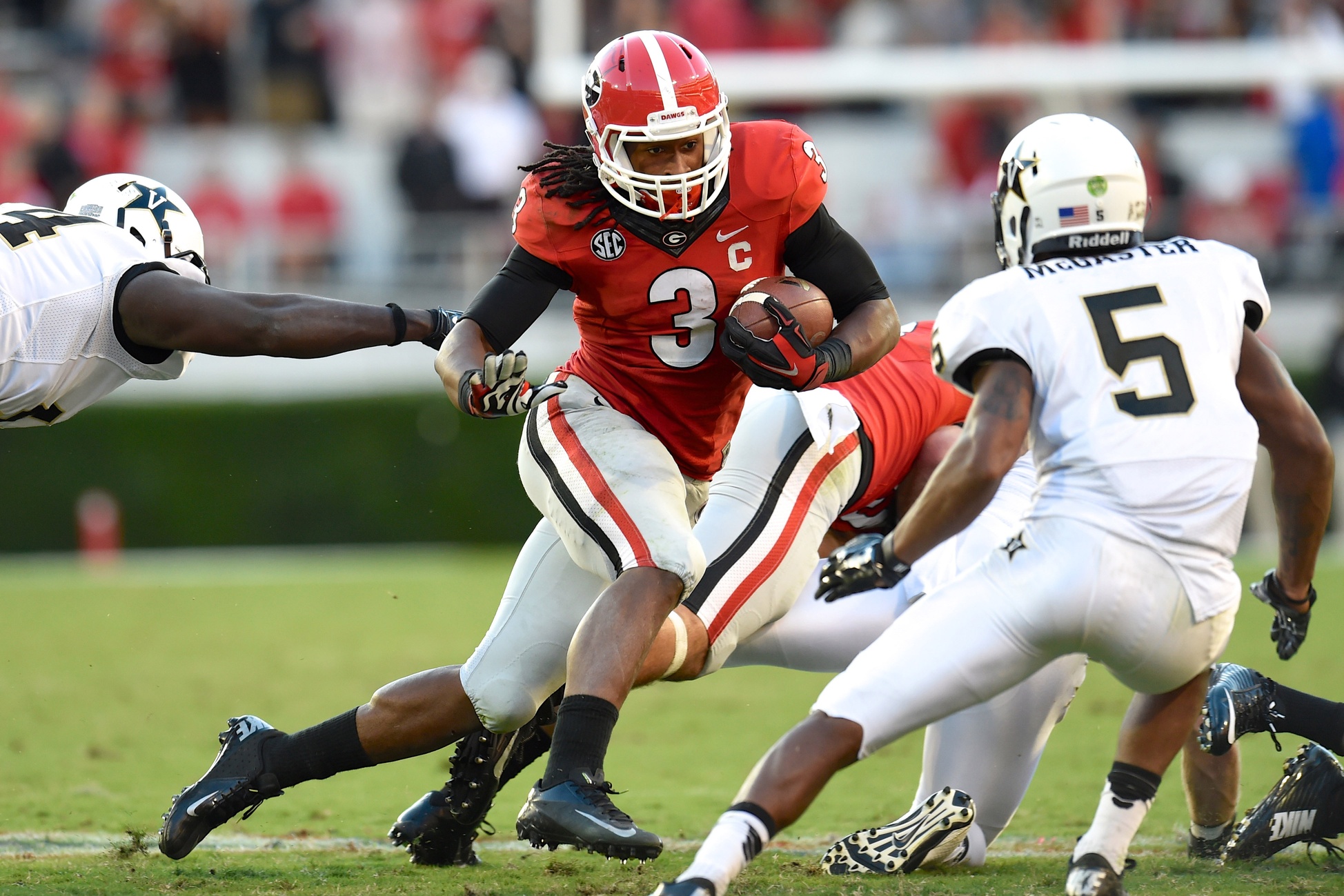
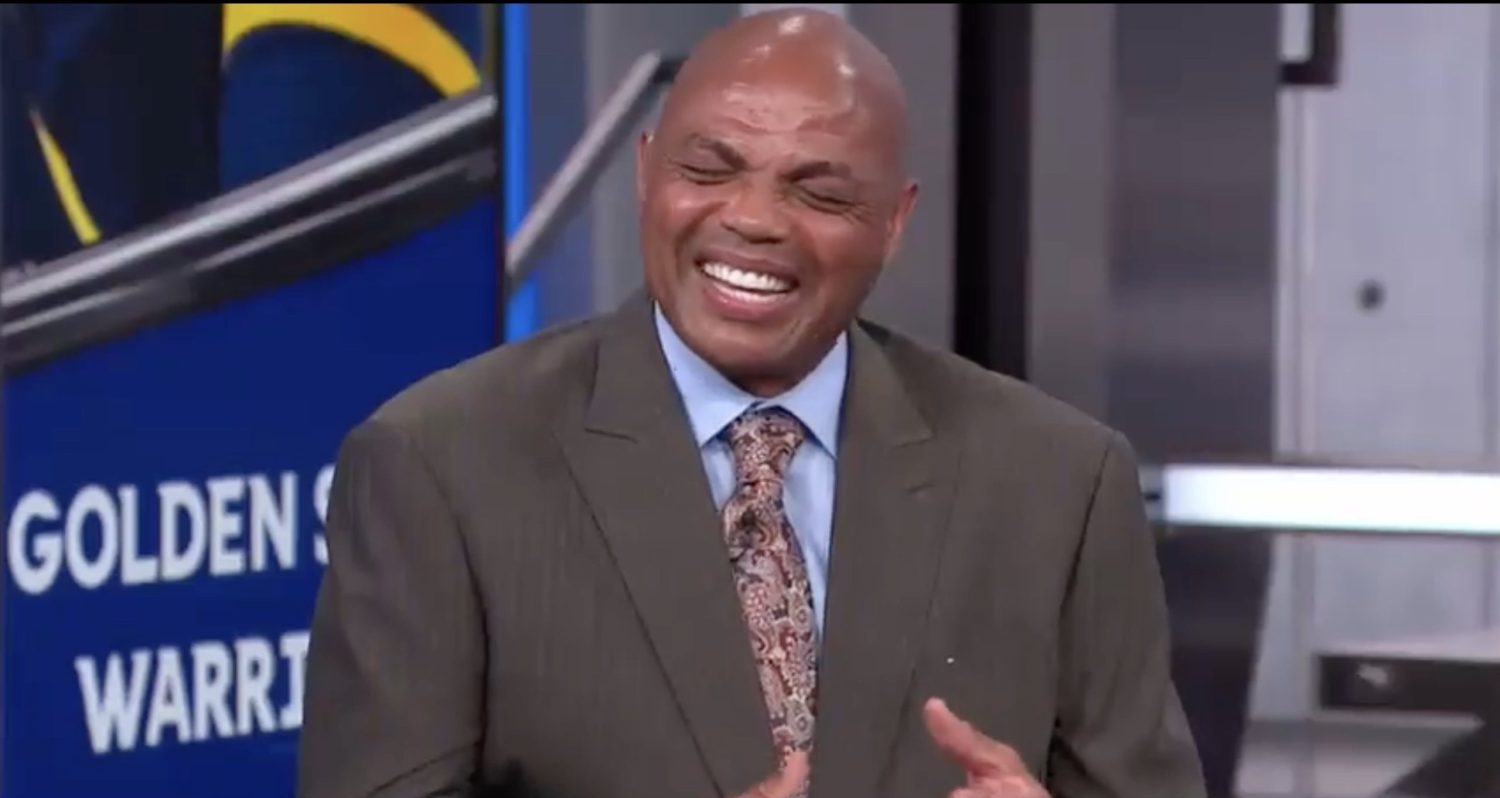
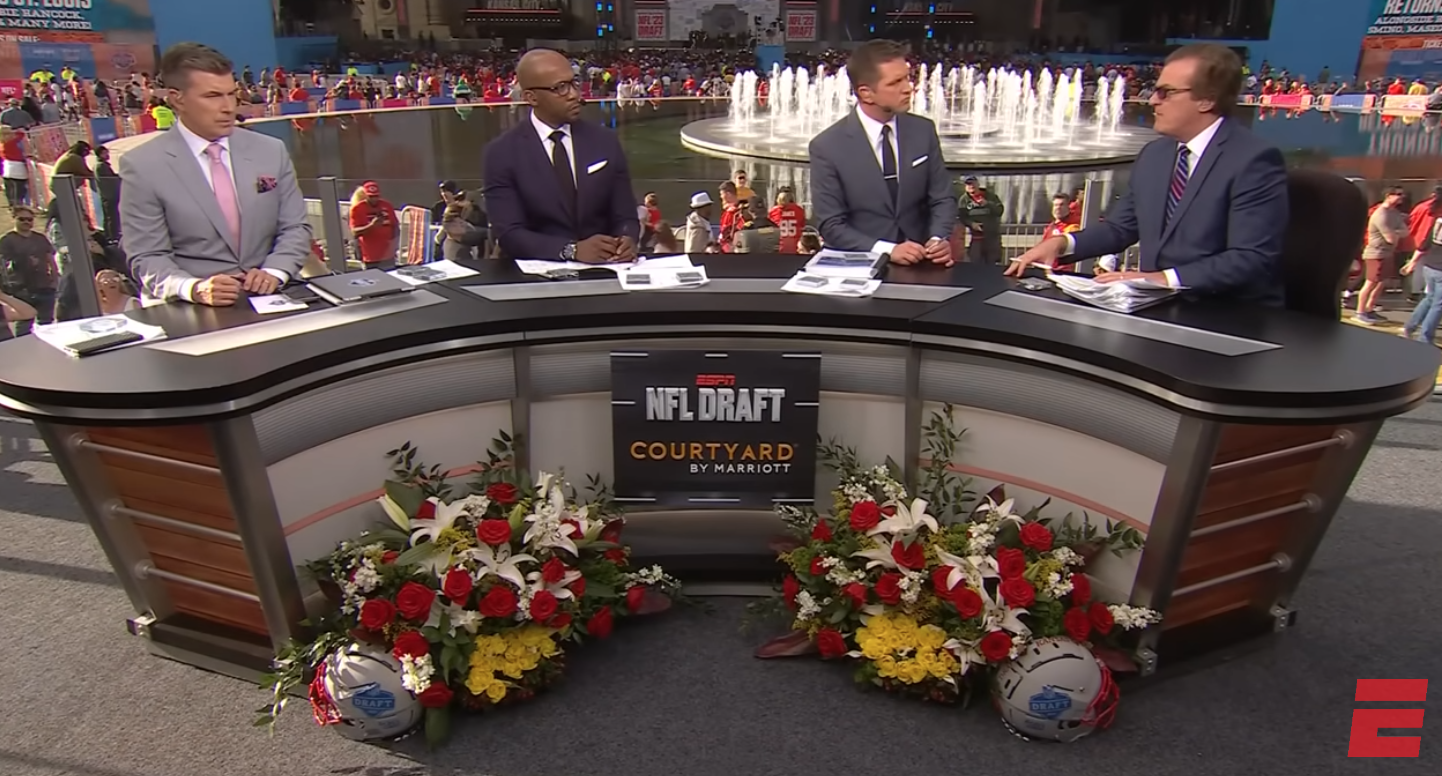
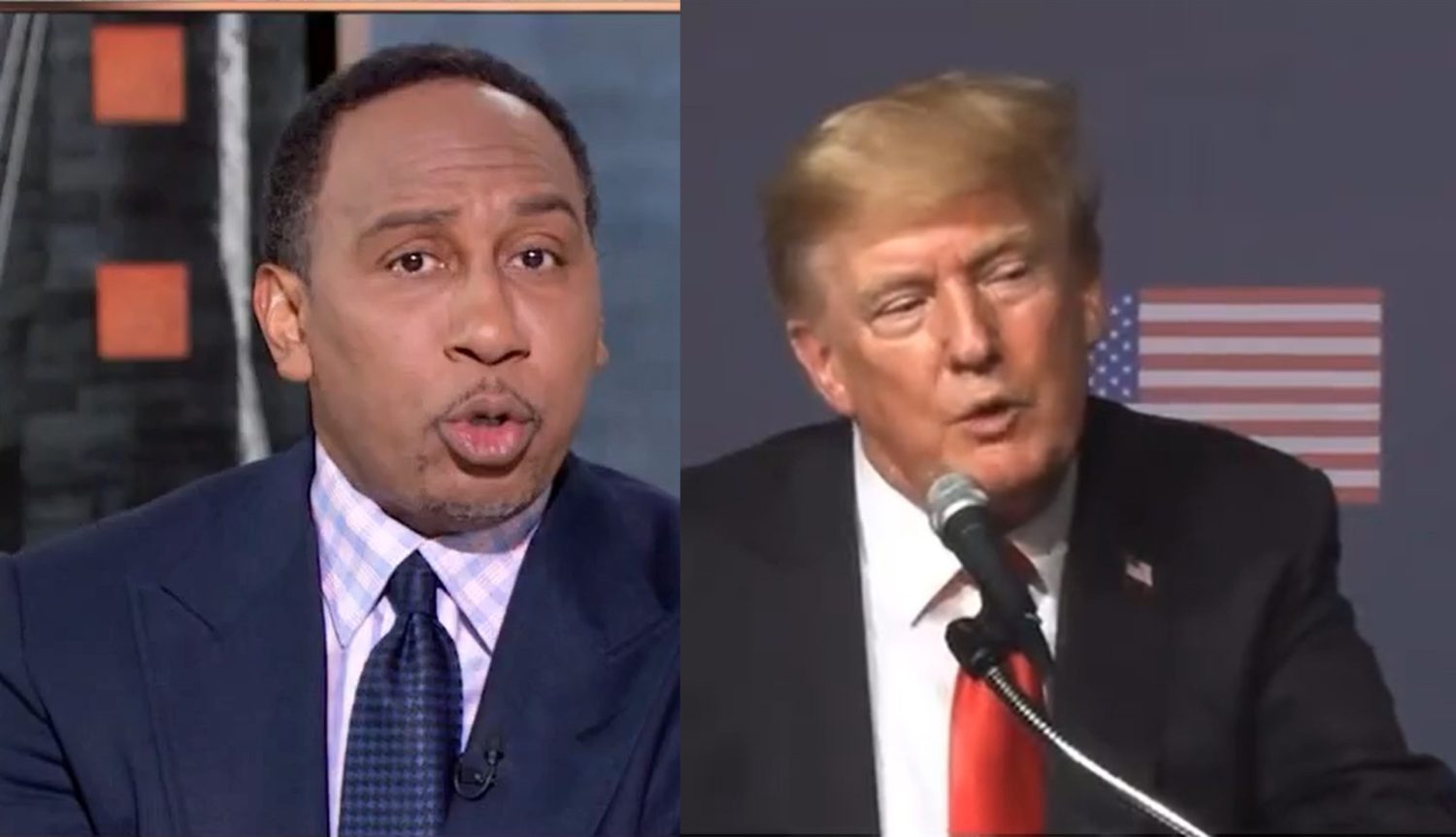
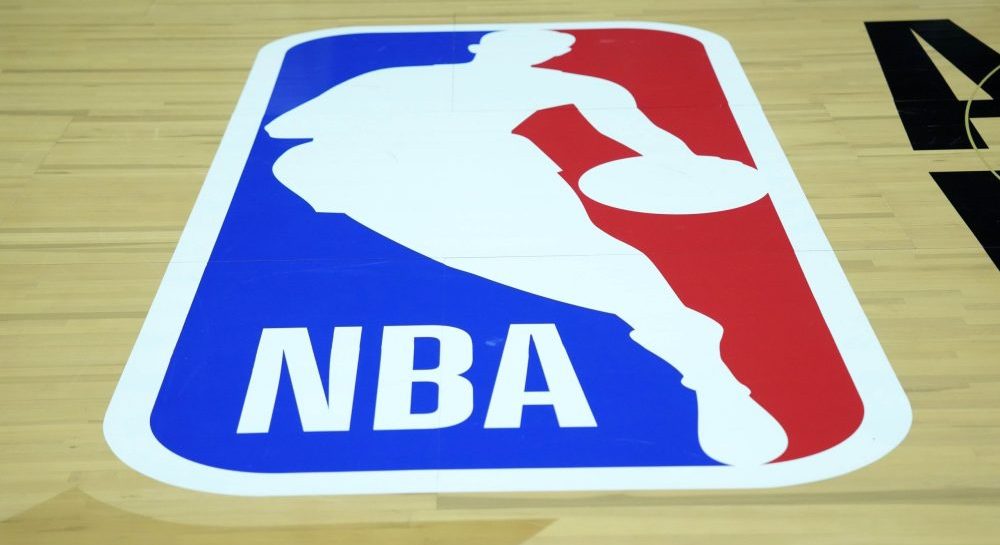
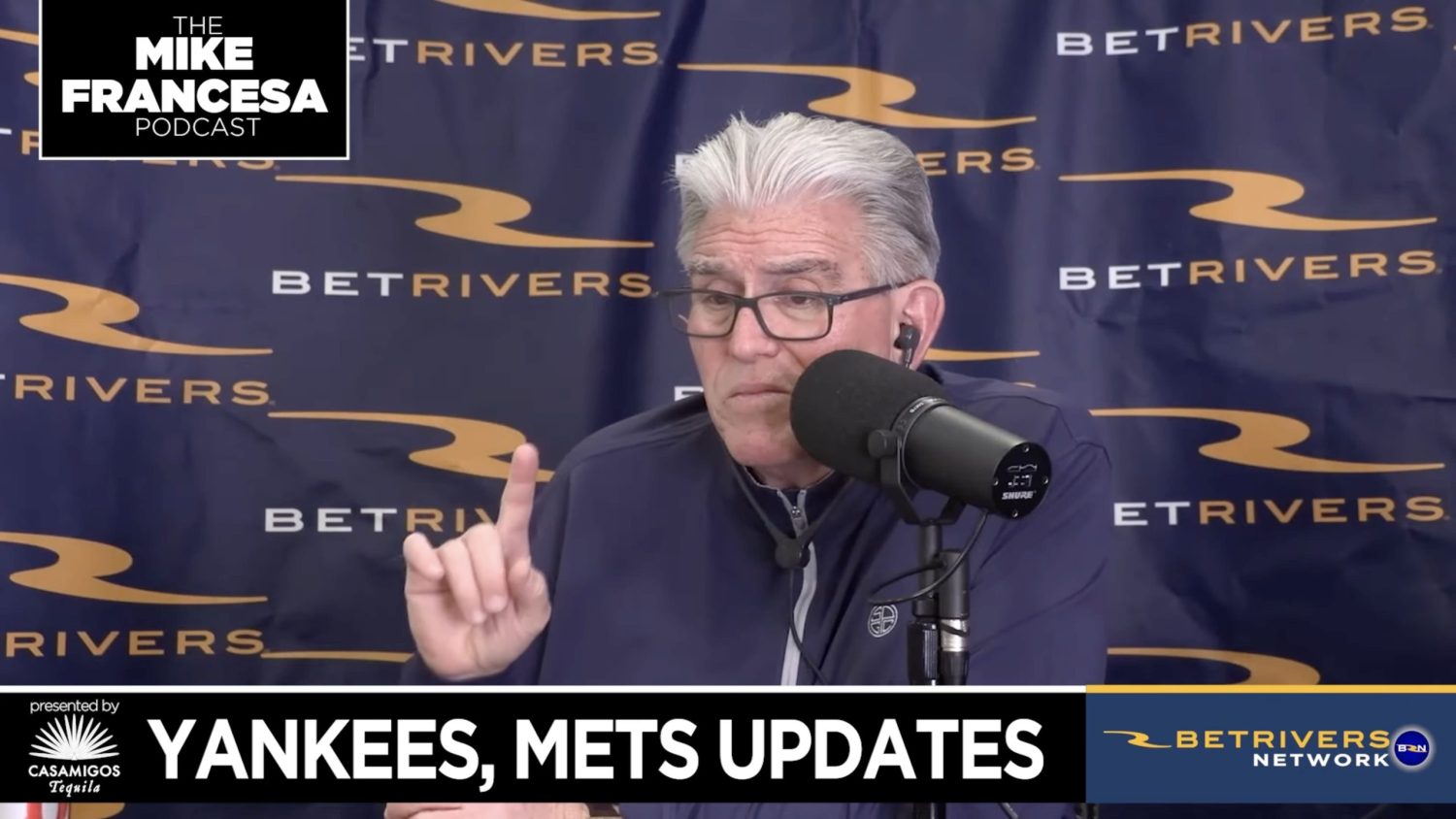
Comments are closed.